T. Rex Brain Discovery Changes Iconic Dinosaur Into Total Idiot
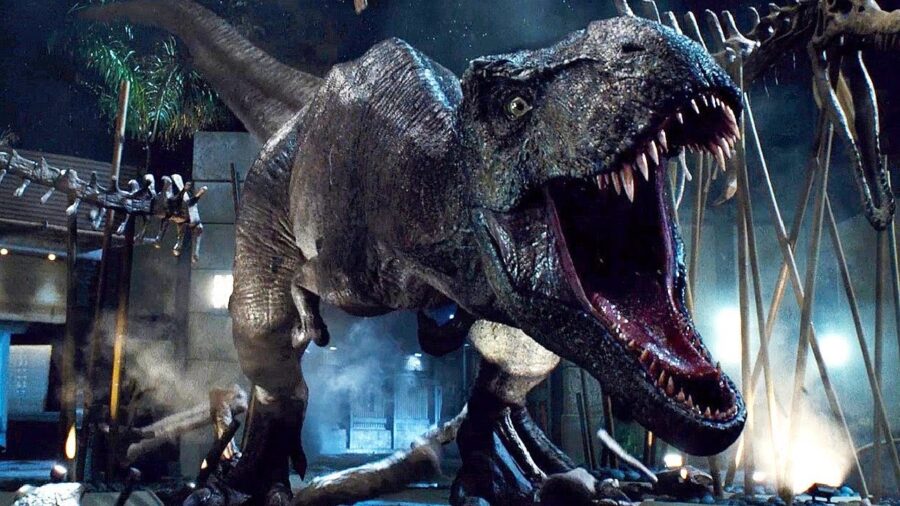
In a somewhat comedic development—and indeed, one unkind to the iconic dinosaur, T Rex, and its prehistoric brain—new research theorizes the fearsome predator probably wasn’t as clever as it has been considered and portrayed to be. Indeed, a recent study, fronted by a reputable team of global scientists, posits the beast was no more intelligent than your average reptile while not even remotely in the ballpark of primates, intelligence-wise.
Raw Strength, Immensely Powerful, Not That Bright
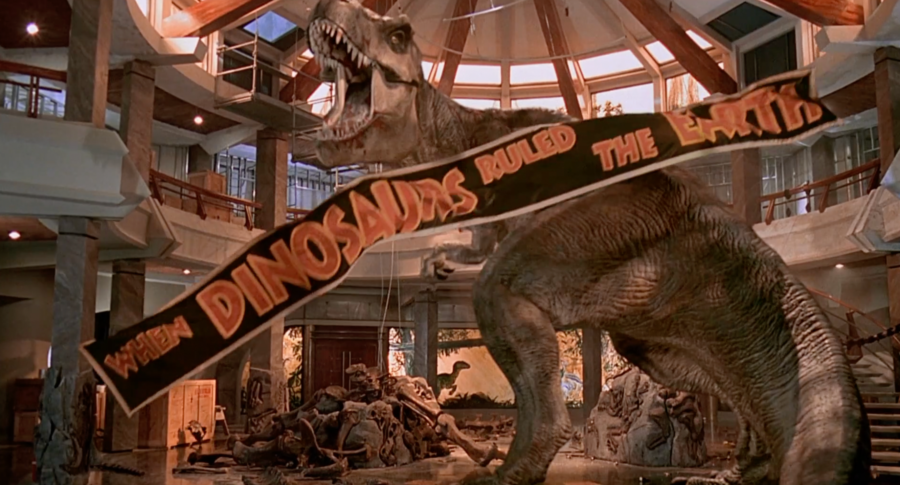
We all know the popular image of the T Rex—that of a terrifying, cunning creature dominating the prehistoric landscape through more than raw size and strength, but stories of mental prowess, too. This conception is no accident: prior studies claimed high neuron counts in the dinosaur’s noggin, implying capability for behaviors documented in more imaginative modern animals, notably monkeys.
While it might seem outlandish, especially in light of this recent revelation, experts previously considered the T. Rex brain capable of cultural knowledge transmission and tool use.
New Techniques Led To A More Accurate Brain Size
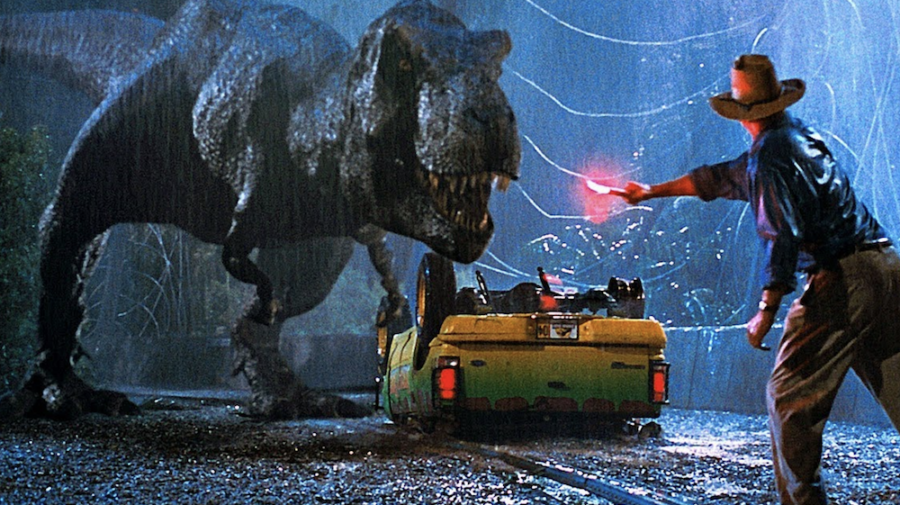
However, it isn’t too bad for the enormous dinosaurs and their notoriously tiny arms. The international team of scientists, led by Dr. Kai Casper of Heinrich Heine University and Dr. Hady George of the University of Bristol, offered compelling evidence to the contrary. The experts advanced their conclusions in the latest edition of the esteemed periodical The Anatomical Record.
As the study details, the team reassessed methods of estimating T Rex brain size and neuron count, drawing data for analysis from the ancient reptiles’ mineral-infused brain cavities (referred to as endocasts). Conclusively, the work revealed major overestimations in past studies.
Similar To A Crocodile

Dr. Casper did not mince words, outlining that prior comparisons of the T Rex brain—its neuron count and problem-solving ability—to primates were misguided, depending on problematic estimates of neuron count.
Instead, the new findings propound an adjusted comparison, which is less flattering for the humongous dinosaurs made famous in the sci-fi classic Jurassic Park than previous misconceptions. A better comparison would be between reptiles on the lower end of the intelligence scale—crocodiles and lizards.
Motivated By Basic Instincts
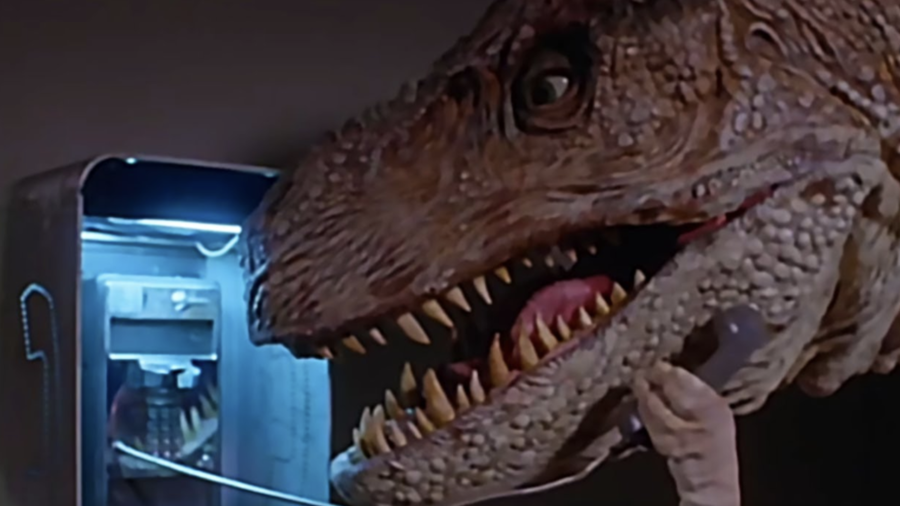
In-depth examinations of skeletal anatomy, bone histology, and the behavior of living relatives, alongside a thorough examination of the dinosaur’s brain structure, motivate the significant shift in consensus among experts. What emerges is a picture of an organism motivated chiefly by basic instinct rather than intricate mental processes on the level of primates.
Flaws With Neuron Count

Another significant factor in reassessing T Rex and its much-humbled brain is a more important, more profound reassessment affecting the scientific community: relying on neuron count to approximate intelligence in extinct species. According to Dr. Ornella Bertrand of the Institut Català de Paleontologia Miquel Crusafont, depending on neuron count to estimate the smarts of defunct species can and does eventuate vastly inaccurate conclusions.
Especially with Hollywood depending on the scientific community’s interpretations (or misinterpretations) of their depictions of dinosaurs, the implications of misleading conclusions about the T. Rex brain can largely skew our understanding of the Mesozoic era.
T. Rex Is Still Cool
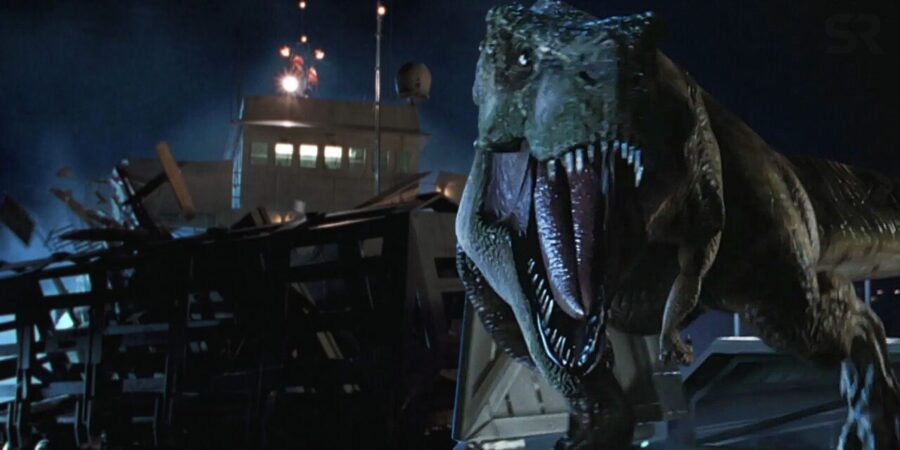
As Dr. Darren Naish from the University of Southampton highlighted, it is exciting—if not scary—to conceive of a T Rex sporting primate-level intelligence. A gigantic dinosaur alpha predator solving challenging problems with logic, creating diversions, and harnessing tools certainly would intensify an upcoming Jurassic World film.
But it’s unrealistic—and we can thank science again for pointing the way.
Source: ScienceDaily










